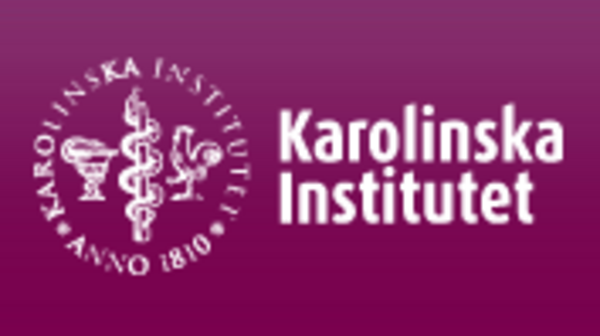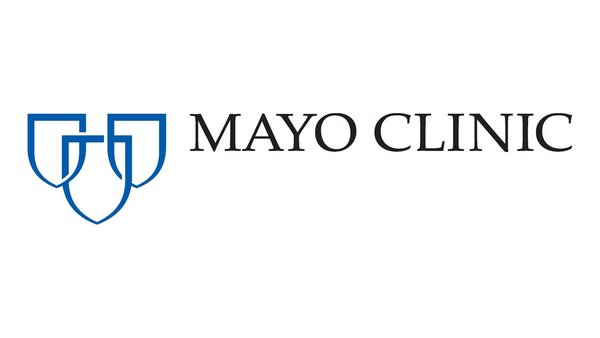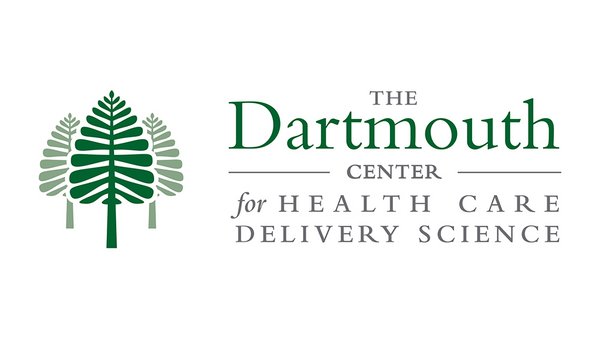-
Topics
backTopicsOur programs create spaces where open-minded leaders can gather for breakthrough conversations on pressing global issues – each aligned to one of the following pillars:
-
Events
backEventsExplore the variety of events Salzburg Global hosts within Austria and in the rest of the world. Learn more about our programs and what else happens at Schloss Leopoldskron.Upcoming EventsFeb 05 - Feb 07, 2026Peace & JusticeDisruption and Renewal: Charting the Future of the International Rule of Law, Democracy, and PluralismSalzburg Cutler Fellows Law ProgramApr 13 - Apr 18, 2026CultureCreating Futures: Rethinking Cultural Institutions, Infrastructure, and InvestmentCulture, Arts and Society
- Insights
-
Fellowship
backFellowshipSince 1947, more than 40,000 people from over 170 countries have participated in Salzburg Global's sessions. Collectively, these alumni are known as Salzburg Global Fellows.
-
About Us
backAbout UsSalzburg Global is an independent, non-profit organization committed to creating spaces that overcome barriers and open up a world of better possibilities.Our Approach
-
Support Us
backSupport UsYour generosity helps us gather open-minded leaders for breakthrough conversations, while creating space for dialogue that overcomes barriers and opens up a world of better possibilities.
- Donate
Applications for this session are no longer open. Join a session
Health
The Promise of Data: Will this Bring a Revolution in Health Care?
It has now become an orthodoxy that we are moving into the age of 'Big Data'. This derives from ever increasing processing power and the vast surge in connectedness - with mobile technologies at the forefront and sensors in nearly all appliances, we are set to have 50 billion devices by 2020 connected in the cloud. It is argued that medical decisions can be truly evidence based, combining the most complete medical science with personal data, drawing where appropriate on 24/7 monitoring through mobile devices and patient reported outcome measures. Lifestyle advice and preventive action can be honed with ever greater accuracy. Benefits from treatment, its best timing, lowest cost, better understood risk, and more predictable side-effects should all flow from this data transition, bringing lower costs and higher value.
Corporations are competing in both investment and rhetoric. In 2013 Google launched a new subsidiary, Calico, which Larry Page claimed would represent 'moonshot thinking around health care', and there have been many similar claims. But how is all this justified? And how can we ensure that those advances which do arise from this new control of data truly benefit patients, rather than just the provider - and that this will be a benefit distributed across the social gradient and globally?
What are the risks on the horizon? Data is often siloed and used for competitive advantage. Protocols around privacy could be tested to destruction; for instance, it is possible to reverse engineer anonymized data to identify individuals. Forbes magazine even reports a case of medical data being sold on EBay. How might these risks be best mitigated?
This session reviewed the claims for Big Data and its true potential, and sought to identify the conditions under which it should yield the greatest benefits to patients and populations.
Date
Mar 22 - Mar 27, 2015
Session no.
Session 548
Share
Session Report
Suggested Readings
NIH Launches a United Ecosystem for Big Data
National eHealth-the strategy for accessible and secure information in health and social care
Mini-Sentinel
PCORnet: The National Patient-Centered Clinical Research Network
Developing the Sentinel System — A National Resource
for Evidence Development Is Size the Next Big Thing in Epidemiology? <link file:1229 file>Addressing Social, Economic and Environmental Determinants of Health and the Health Divide in the Context of Sustainable Human Development Review of social determinants and the health divide in the WHO European Region: executive summary The Digital Patient Crossing the Qualilty Chasm: A New Health System for the 21st Century The Applicability of Lean and Six Sigma Techniques to Clinical
and Translational Research Health Challenges of the Future – a perspective from 1973 How Intermountain Trimmed Health Care Costs Through Robust Quality Improvement Efforts Ethical, Legal, and Social Implications of Genomic Medicine Positive lymph nodes do not metastasize Optimal timing of pulmonary metastasectomy - is a delayed operation beneficial or counterproductive? An Extensible Biomarker Curation Approach and Software Infrastructure for
the Early Detection of Cancer A Distributed Information Services Architecture to Support Biomarker
Discovery in Early Detection of Cancer Bringing Big Data to Personalized Healthcare: A Patient-Centered
Framework Big data: the next frontier for innovation in therapeutics and healthcare Big data analytics in healthcare: promise and potential Distant metastases do not metastasize Application of statistical process control in healthcare improvement: systematic review Higher Integrity Health Care Evidence-Based Shared Decision Making Avoiding the Unintended Consequences of Growth in Medical Care - How Might More Be Worse? Defining a Standard Set of Patient-centered Outcomes for Men
with Localized Prostate Cancer Patient And Family Engagement: A Framework For Understanding The Elements And Developing Interventions And Policies Quantified Self-Public Health Symposium April 2014 What happens when patients know more than their doctors? Experiences of
health interactions after diabetes patient education: a qualitative patient-led study Drowning in Big Data - Finding Insight in a Digital Sea of Information
for Evidence Development Is Size the Next Big Thing in Epidemiology? <link file:1229 file>Addressing Social, Economic and Environmental Determinants of Health and the Health Divide in the Context of Sustainable Human Development Review of social determinants and the health divide in the WHO European Region: executive summary The Digital Patient Crossing the Qualilty Chasm: A New Health System for the 21st Century The Applicability of Lean and Six Sigma Techniques to Clinical
and Translational Research Health Challenges of the Future – a perspective from 1973 How Intermountain Trimmed Health Care Costs Through Robust Quality Improvement Efforts Ethical, Legal, and Social Implications of Genomic Medicine Positive lymph nodes do not metastasize Optimal timing of pulmonary metastasectomy - is a delayed operation beneficial or counterproductive? An Extensible Biomarker Curation Approach and Software Infrastructure for
the Early Detection of Cancer A Distributed Information Services Architecture to Support Biomarker
Discovery in Early Detection of Cancer Bringing Big Data to Personalized Healthcare: A Patient-Centered
Framework Big data: the next frontier for innovation in therapeutics and healthcare Big data analytics in healthcare: promise and potential Distant metastases do not metastasize Application of statistical process control in healthcare improvement: systematic review Higher Integrity Health Care Evidence-Based Shared Decision Making Avoiding the Unintended Consequences of Growth in Medical Care - How Might More Be Worse? Defining a Standard Set of Patient-centered Outcomes for Men
with Localized Prostate Cancer Patient And Family Engagement: A Framework For Understanding The Elements And Developing Interventions And Policies Quantified Self-Public Health Symposium April 2014 What happens when patients know more than their doctors? Experiences of
health interactions after diabetes patient education: a qualitative patient-led study Drowning in Big Data - Finding Insight in a Digital Sea of Information
Photos
All photos can be viewed and downloaded on Flickr
Podcasts
Participant Profile
This session will bring together healthcare policy makers, practitioners and providers; data/information technology experts; patient and civil society groups; ethicists and experts in intellectual property and the law; corporate representatives; and the media.
Session Format and Key Questions
The session is envisioned as being highly participatory, with a strong focus on building new insights, aggregating perspectives and experiences from different sectors, areas of expertise and regions.
- In what ways might health and health care benefit from the enhanced availability and management of data?
- How well based are current claims for ‘Big Data’, and what tangible benefits are already on the horizon?
- How can we ensure that enhanced knowledge is translated rapidly and effectively into practice?
- How will we ensure that that translation into practice accords with the true needs and preferences of patients, and not just providers?
- How equitably distributed will any benefits be at different points on the social gradient or in different parts of the world?
- What are the implications for privacy and its protection?
Session Outcomes and Impact
- An assessment of the claims for Big Data and its true potential, identifying the conditions under which it should yield the greatest benefits to patients and populations;
- Mapping of the links between social and physical environments, and consequent health determinants, where data at its new scale could also help us understand and manage the complexity underlying sustainability as a whole;
- Cross border learning and transmission of best practice in the regulatory and ethical management of data at its new scale;
- Ongoing networking and collaborations among participants and the institutions they represent as the impact of the data revolution unfolds in the years ahead.





